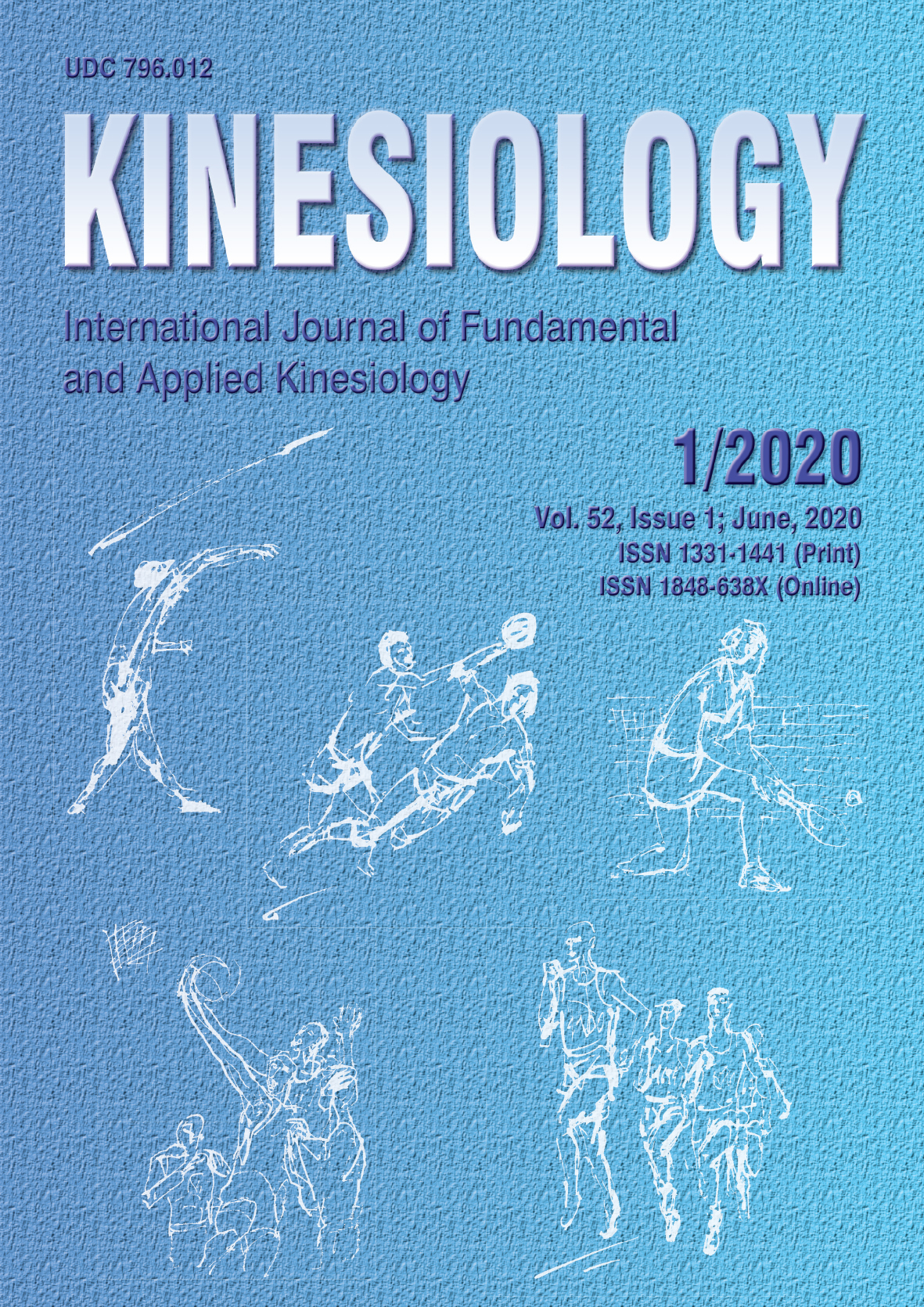RESTING HEART RATE VARIABILITY AS A POSSIBLE MARKER OF COGNITIVE DECLINE
a systematic review
Abstract
Cognition is a major subject to be addressed nowadays due to the increasing number of cognitively affected people in most societies. Because of a lack of pharmaceutical therapies treating cognitive decline, its indicators should be diagnosed before it becomes prevalent. Scientific evidence indicates a relationship between cognition and the nervous system, especially its autonomic part. Heart rate variability (HRV) as an indicator of the autonomic nervous system functioning has been studied as a biological marker for the evaluation of cognitive performance. Therefore, HRV is a possible indicator of cognitive impairment. The aim was to provide a systematic literature review about the association between resting HRV and the cognitive performance. Five cognitive functions were analysed separately: executive functions, memory and learning, language abilities, visuospatial functioning, and processing speed. Furthermore, the global cognitive function evaluated with cognitive test batteries was considered too. An electronic database search was conducted with five databases. Three search fields comprised HRV, cognitive performance, and adult subjects. The final dataset consisted of 27 articles. Significant correlations in each cognitive function were found, except for processing speed, suggesting a positive association between resting HRV and cognitive performance. Mechanisms underlying this association between cardiovascular health and cognition are discussed. For the future, HRV could be used in diagnostics as an indicator of cognitive impairment before symptoms of dementia get apparent. With a timely diagnosis, preventative tools could be initiated at an early stage of dementia.
Downloads
Published
How to Cite
Issue
Section
License
Copyright (c) 2020 Kinesiology

This work is licensed under a Creative Commons Attribution-NonCommercial 4.0 International License.
At Faculty of Kinesiology we recognize that access to quality research is vital to the scientific community and beyond. Kinesiology is non-profit journal and all costs of publishing and peer review process are covered by the publisher itself or other funding sources like Ministry of Science and Education of the Republic of Croatia. Full text papers are also available free of charge at http://hrcak.srce.hr/kineziologija. There are no restrictions on self archiving of any form of paper (preprint, postprint and publisher's version).
Articles are distributed under the terms of the CC BY - NC 4.0
Kinesiology does not charge any fees to authors to submit or publish articles in our journal.


